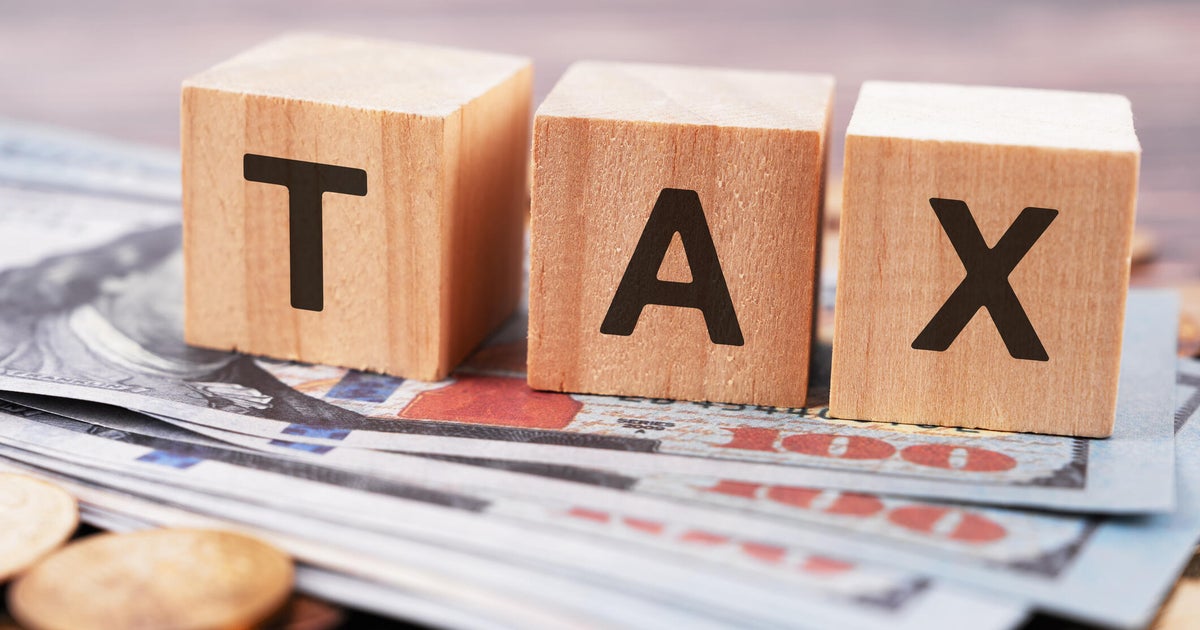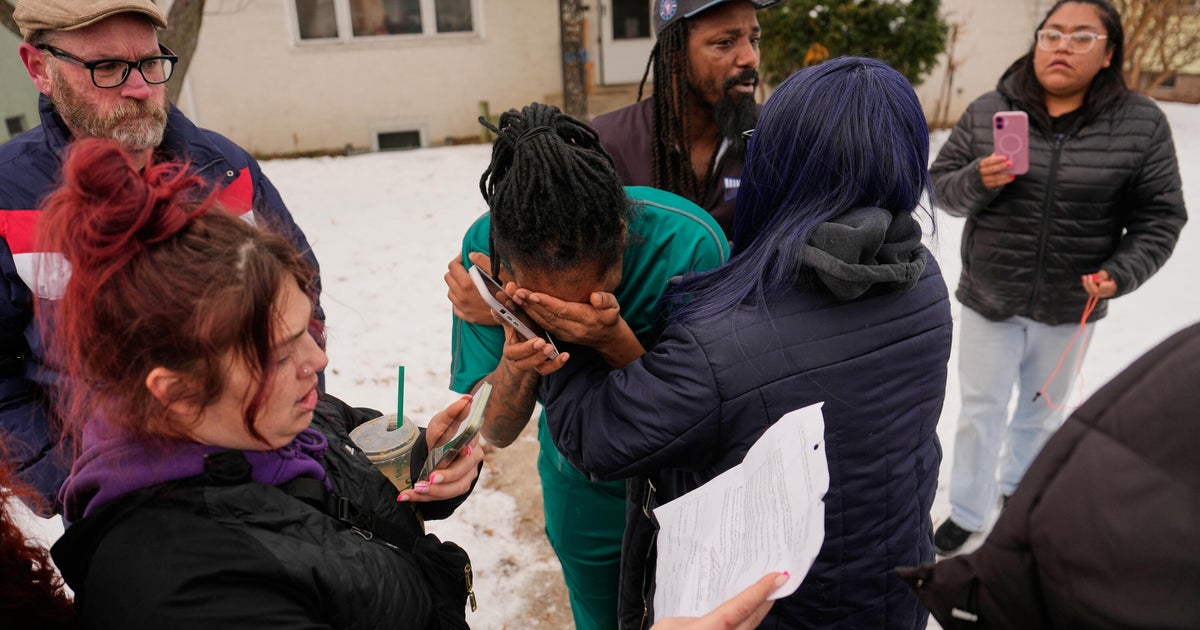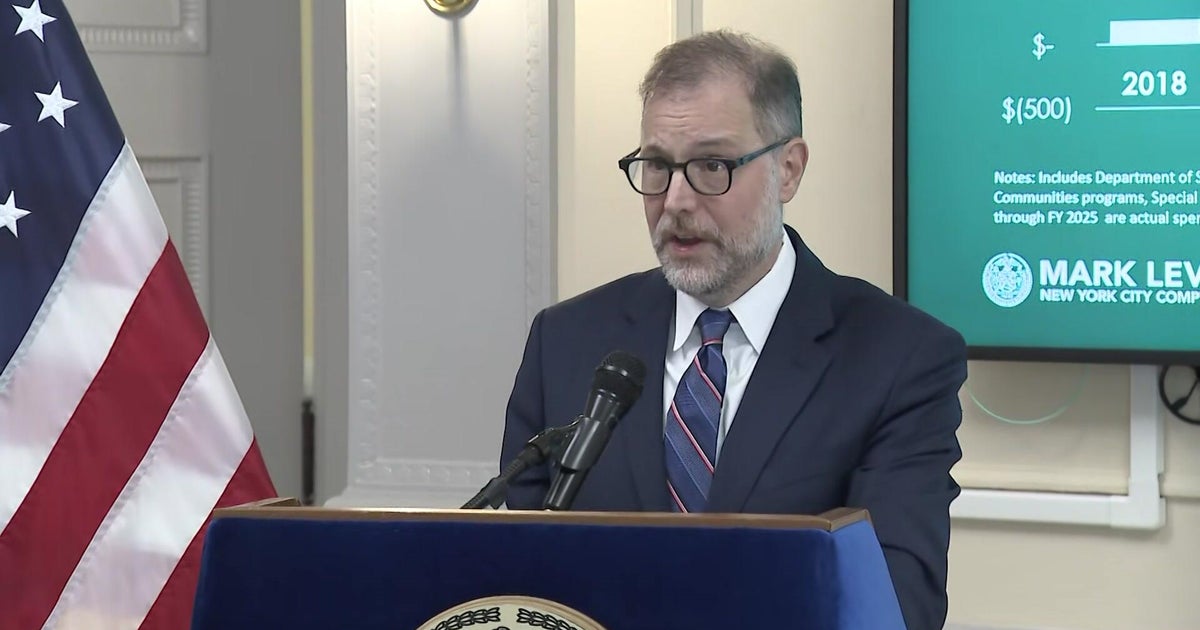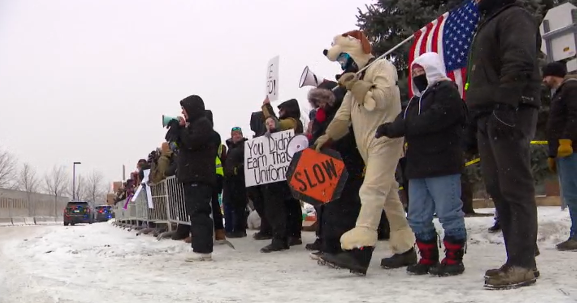IRS tells Coloradans to hold off on filing as it considers taxing TABOR refund
The IRS says our TABOR refunds may be subject to income tax. It's asking Coloradans to hold off on filing their taxes until it makes a determination.
If you received a TABOR refund last year, you might owe federal taxes on that money.
It is the first time the agency has questioned the taxability of TABOR refunds since voters passed the Taxpayer Bill of Rights 30 years ago.
The constitutional amendment caps the amount of revenue the state is allowed to keep and, anything over that cap, needs to be sent back to taxpayers.
Last year, it was nearly $3 billion, which resulted in $750 checks for individuals and $1,500 for joint filers.
Mark Ferrandino, executive director of the Colorado Department of Revenue, says the IRS now thinks it deserves a cut of that money,
"We have not had this issue before. We have been clear with the I-R-S that this is just the same as we've done in previous years and that we believe it should not be taxable," he said.
Ferrandino says the problem is Colorado's TABOR refunds went out at the same time 18 other states sent stimulus checks to their residents to address soaring inflation.
The state legislature moved up the timing of the refunds here due to inflation and distributed the money differently so even people who didn't file taxes got a check.
Ferrandino says, just as in previous years, the money was distributed as a sales tax refund so it wouldn't be subject to federal income tax.
He pointed out to the IRS that Colorado is unique and shouldn't be lumped in with other states but he cautions the decision is in the hands of the feds.
He hesitated to speculate on what would happen if they refuse to see it his way,
"We did not issue 1099 miscellaneous for income so we would have to work through how would we do we do that," he said.
The potential impact is significant. A 20% or 30% income tax on $750 or $1500 would mean a tax liability of between $150 and $450.
Ferrandino says the IRS told him it is hoping to make a decision this week but it may be next week before we know.
"The sooner the better but also we want them to take the time to look at each state individually. But if ultimately that is their decision then we will work to educate the residents of Colorado how to adjust if needed," he said.








